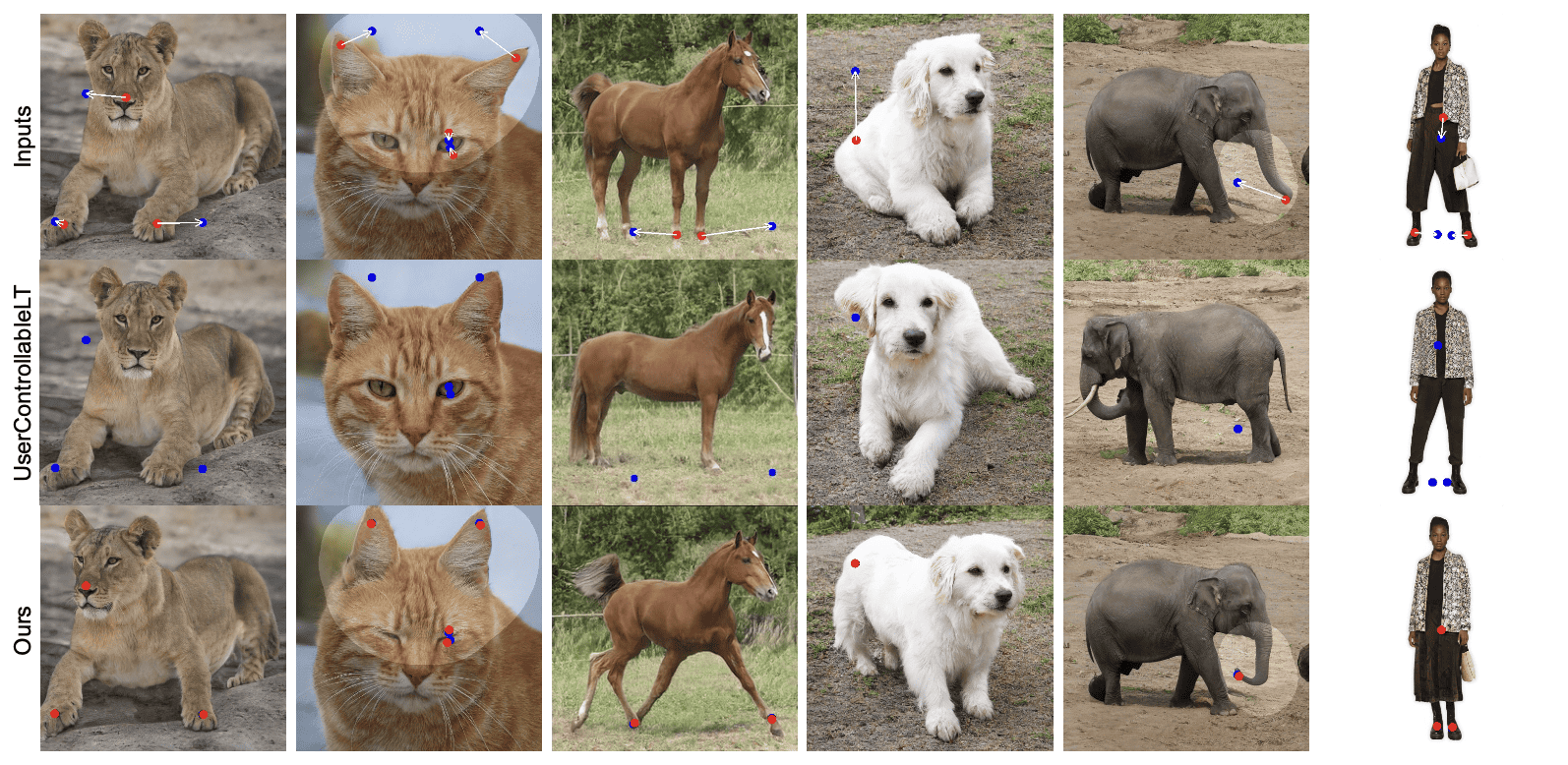
Researchers at the Max-Planck Institute for Aging Diseases in Cologne, Germany and the Karolinska Institute in Stockholm, Sweden have found a new way to fight serious degenerative brain diseases such as Parkinson’s and Alzheimer’s. The interplay between nerve cells and mitochondria is at the heart of this, they write in a study published in the journal Science Advances.
Mitochondria are considered to be the energy source for nerve cells, also called neurons. If their function fails, this can lead to dying nerve cells and a decline in brain functions. The common opinion is that this is an irreversible process because mitochondrial dysfunction cannot be cured and nerve cells have no adaptability.

Citric acid or Krebs cycle
The German and Swedish researchers are fighting against this process. “It is thought that nerve cells can hardly adapt to changes in their energy supply,” says Elisa Motori, one of the scientists who participated in the study. “On the other hand, there is increasing evidence that mitochondrial dysfunction does not always lead to the rapid deterioration of brain functions. We have therefore questioned whether degenerating nerve cells have their own metabolic program to compensate for the lack of energy in the mitochondria.” And research in mice has clearly shown this to be the case.
The researchers also found a significant change in metabolism. This is the so-called citric acid cycle or Krebs cycle, which makes nerve cells resistant to rapidly progressing degeneration.
New therapies
Until now, this Krebs cycle was thought to occur in support cells in the brain (glia cells), but not the nerve cells. “With the knowledge that neurons can generate a Krebs cycle, we were able to demonstrate that it plays a protective role. When we blocked the Krebs cycle in mice, the nerve cells died at a much faster rate and the disease became more serious,” explains Motori.
The authors of the study believe that this knowledge can be used to develop new therapies and medications that can partially alleviate mitochondrial disease and slow down the decline in brain function.
Here you will find the press release of the Max-Planck Institute.







